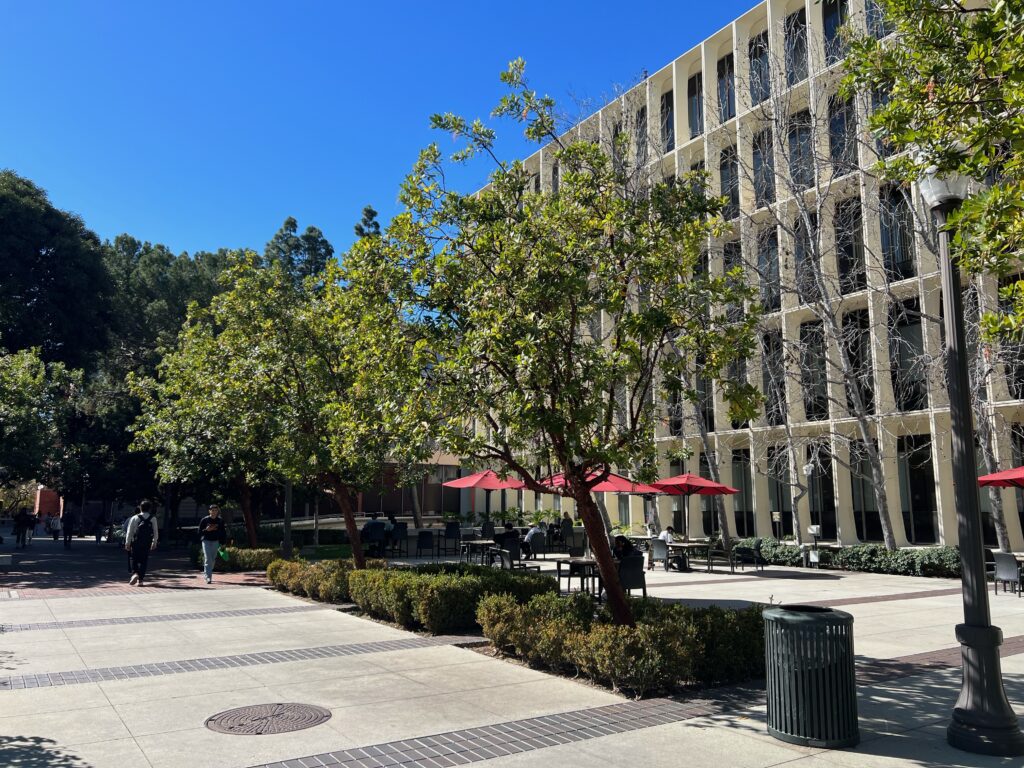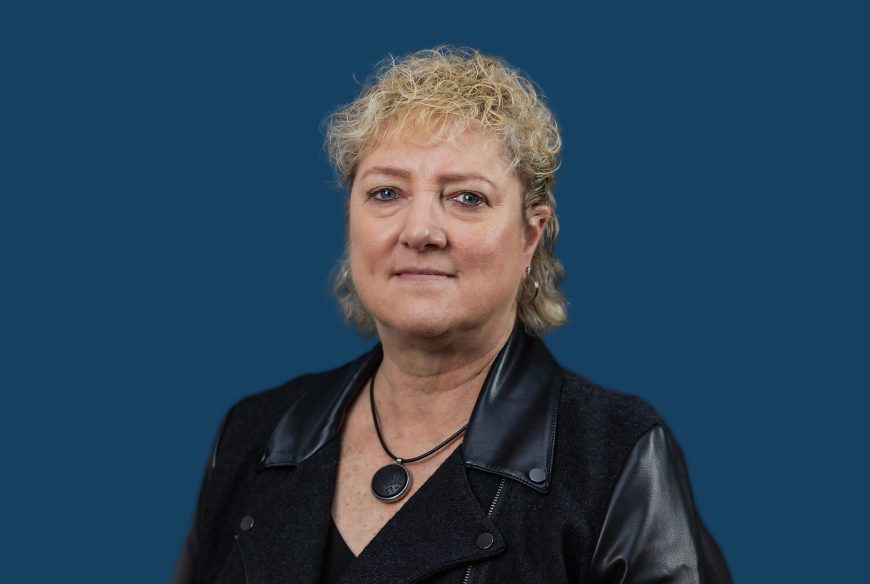I vividly remember sitting in my room with my laptop, nervously pulling up my university’s applicant website. By that point I had received acceptances, rejections, and the mess in between, but this was the application that mattered most. The beginning of my senior year of high school, I compiled a pros and cons list for all of the schools I planned on applying to, and this university left all the others behind. Navigating through the site, I felt as if a jump-scare was waiting for me. Thankfully, I was met by a burst of virtual confetti, and I knew at that moment that I would be attending the University of Southern California as an Electrical and Computer Engineering major.
The first few weeks of my freshman semester were filled with celebrations and welcome events. I attended free concerts and stood in winding lines to get food (people don’t tell you just how much of college you spend in lines). When I wasn’t at social activities, I was working on assignments and studying nonstop. While my high school was known for its rigorous coursework, college was still a big step to take. Not only did I need to learn how to balance my schedule and assignments, but I also had to figure out the best times to do my laundry and eat. Thankfully, I met many supportive people going through the same struggles.


I attended a smaller high school, and I frequently found myself one of the few girls in my math and physics classes. However, at USC, 50% of the engineering school is composed of female students. The school’s electrical engineering major is relatively small, so it made a great difference that half of its members were young women. Not only is there greater gender diversity in the program, but there are also numerous clubs and societies promoted by the university to support women in engineering. In the first few weeks of class, I joined USC’s branch of the Society of Women Engineers, and I attended numerous Women in Engineering events. I met friends both in and outside of my major, and I was exposed to the numerous opportunities for research, internships, and jobs that the university encouraged.
As the weeks passed, the workload only increased. The middle of the semester was the most stressful time for me. I had the misfortune of catching Covid two days after my booster shot and one week before the second round of midterms. I was quarantined in a hotel 30 minutes from campus, and felt miserable. I kept in contact with my professors and attended Zoom lessons, but what really saved me was the friends I had made in classes. I was able to comfortably reach out for help with managing new assignments and information from meetings I couldn’t attend. I was grateful that the engineering school encourages collaboration rather than competition. The friendships I formed with fellow female students in my major kept me connected and productive. Once the second midterm week passed, I found I was able to relax again. I reorganized my time so I would feel less overwhelmed and could spend more time with the friends who had helped me.
By the time finals rolled around, I felt completely adjusted to the new way of life college provided. I was capable of staying ahead of my work and accepting that I could not always be perfect. The less I worried over my grades, the stronger they seemed to be and the happier I was. Beginning electrical engineering was challenging, but I was with classmates who made it much easier to manage. The relationships and organizations I joined set me on a path for a productive and fun college experience over the next four years.
Career Girls: Electrical Engineer
USC Viterbi Achieves Gender Parity in its Entering Class



